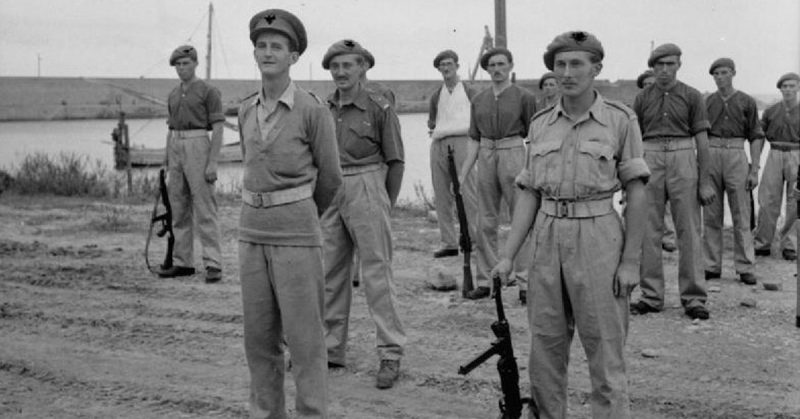Malcolm Tudor has a special interest in the events of the Second World War in Italy as his Italian mother’s grandparents helped many Allied airmen escape behind Axis lines, while his father fought in the British Eighth Army.
In his eighth book on the conflict, Tudor focuses on the crucial strategic role played by the SAS between 1943 and 1945.
More than twenty secret missions were successfully carried out in support of the Allied invasions of Sicily, the mainland, and breaching the Gothic Line. These all took place while the leader and creator of the regiment was a prisoner of war in Piedmont.
Lieutenant David Stirling was eventually moved to the famous Colditz Castle in Germany, but by then the SAS had become well-established as a spearhead force for the British.
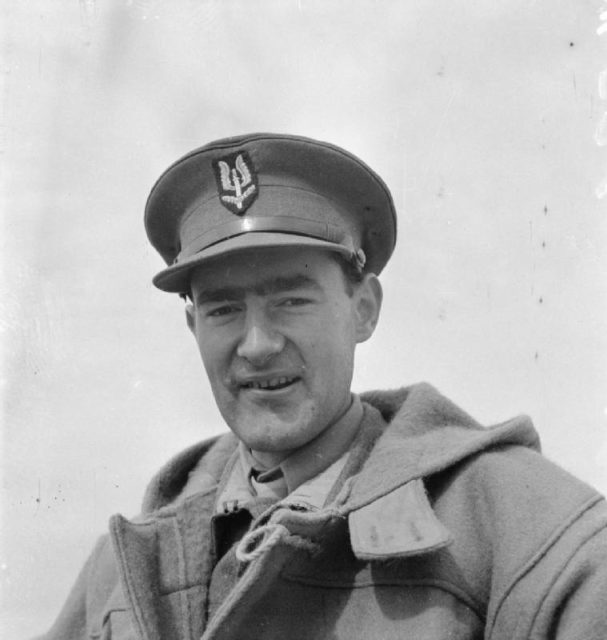
In October 1943, Operations Jonquil and Begonia were planned as a joint seaborne and airborne rescue mission for prisoners of war on the coast between Pescara and Ancona in Italy.
Unfortunately, the Axis forces had gotten wind of it and sent troops from the Russian and French fronts to counter the raid. However, the Eighth Army and the SAS still managed to extract 50 prisoners of war and came away with a good deal of intelligence regarding the Gustav Line.
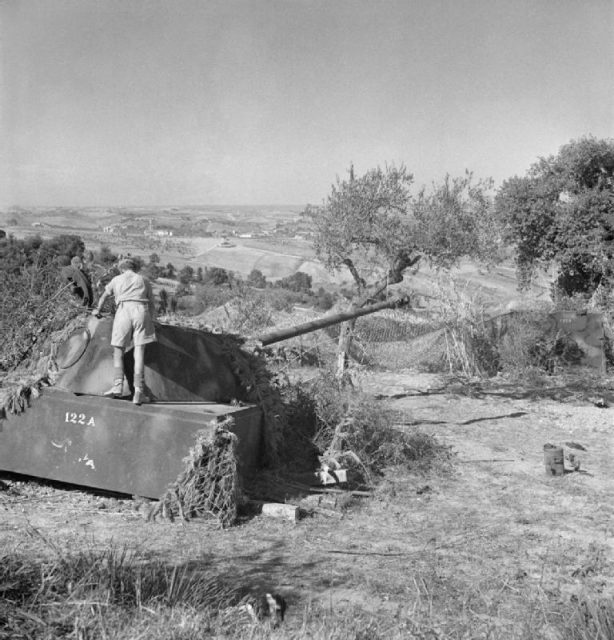
One of the most famous Italian Operations was codenamed Tombola and launched by British Prime Minister Winston Churchill as a way to help the occupied areas in Reggio Emilia fight against the Nazis.
A team of fifty paratroopers, led by Major Roy Farran, parachuted into Albinea in March 1944, where they met up with a large contingent of 70 escaped Russian prisoners of war and local resistance fighters.
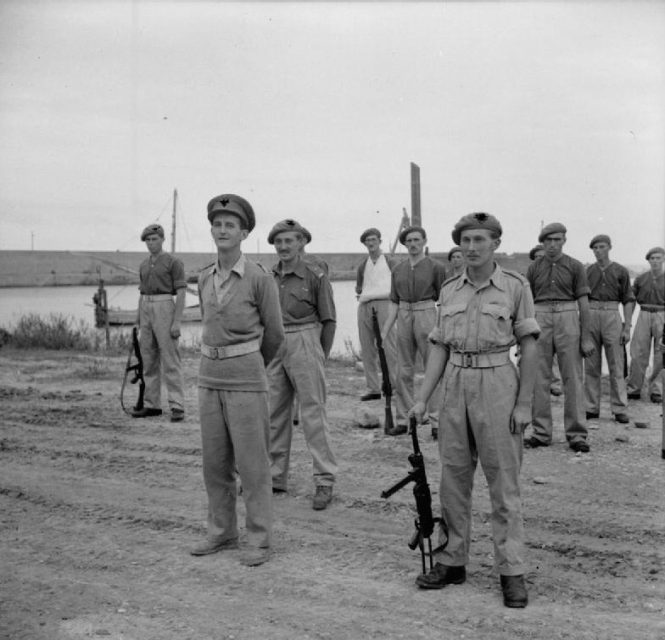
Following airdrops of arms and ammunition, the international brigade raided German military targets, shelled gun positions, and blocked roads.
Prior to attacks on well-defended installations, David ‘Mad Piper’ Kirkpatrick would play his bagpipes as a way to convince the Nazis that this was a solely British force.
This tactic was used to deflect suspicion away from Italian partisans, as the German’s rule was to shoot dead ten Italian civilians in exchange for every German killed by a partisan.
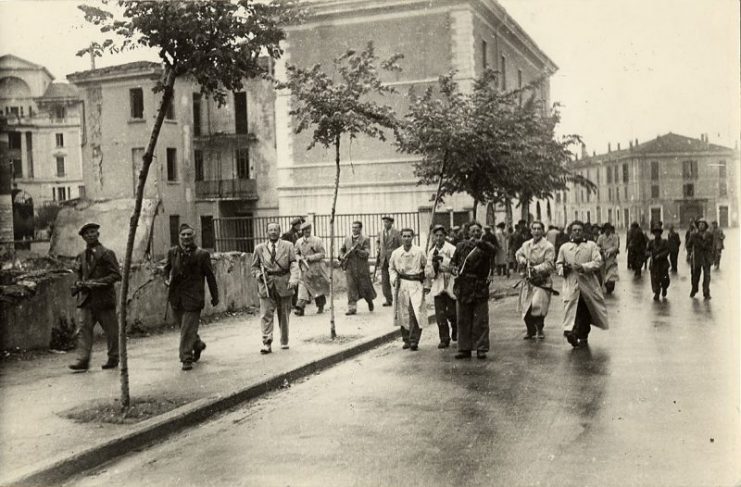
Tudor documents the cloak and dagger elements of the operations, beginning with Operation Husky — the fight to liberate Sicily.
After the surrender in Tunisia, the next logical Allied move had to be across the Mediterranean and into Europe as the resources for an assault across the English Channel were simply not available.
Taking a suicide victim and dressing him up as a paratrooper, complete with false papers, the Allies succeeded in diverting the German expectations for a major offensive to Sardinia and Corsica.
Operation Husky was held up briefly by bad weather, but this also served to give the Allies the advantage of surprise.
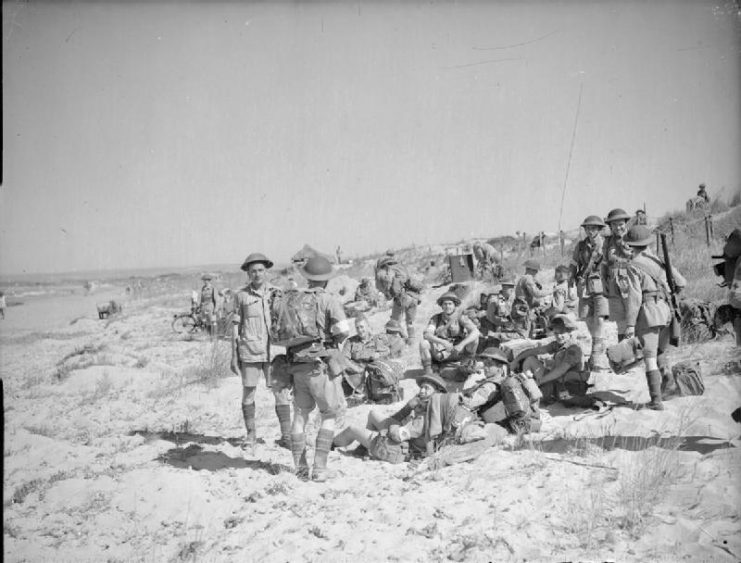
The shock of the attack on July 10, 1943, directly led to the Italian dictator, Mussolini, being deposed and held prisoner just two weeks later.
The Nazis re-grouped across the Straits of Messina after which the liberation of the Italian peninsula became a long and difficult struggle. However, it would have been all the more difficult without the expertise of the SAS.
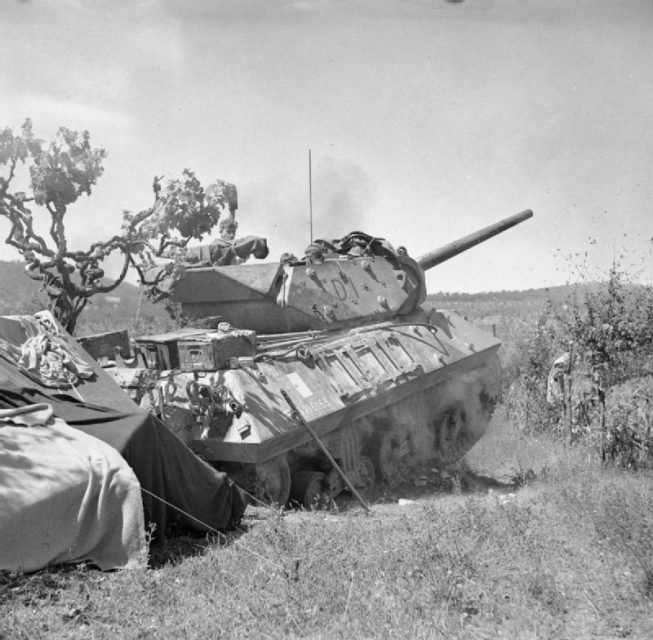
Perhaps the easiest mission in a hard war was Operation Narcissus, the capture of a lighthouse on the southern coast of Sicily. Intelligence incorrectly assumed the position was heavily manned when in fact the entire area was empty, and the lighthouse was taken without a shot being fired.
Other operations such as those intended to sever rail links north of Rome prior to the Anzio landings were riskier with men either captured or drowned.
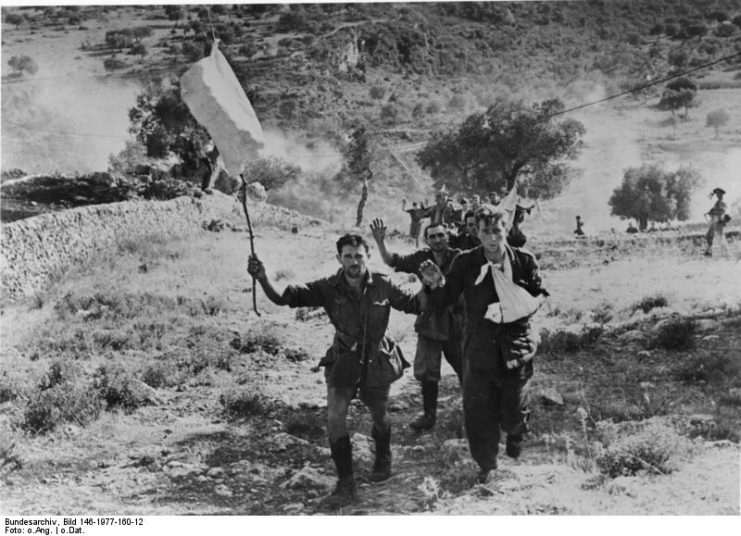
Those men volunteering into the SAS ranks in World War II fought under the motto ‘Who Dares Wins,’ and they certainly took greater risks than many troops.
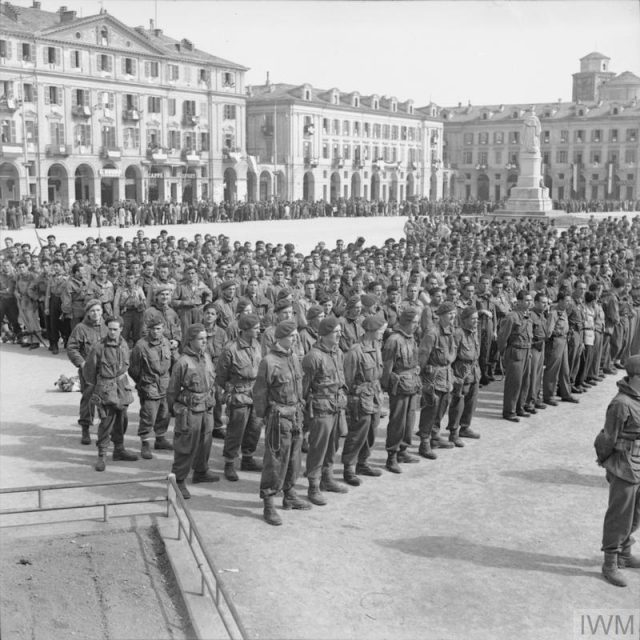
Malcolm Tudor’s book was written following many hours of research including interviews with surviving veterans. His Italian mother and grandparents were awarded the Alexander Certificate in recognition of the help they gave during wartime to Allied troops, not only in the mountains but also in their own home.
SAS in Italy 1943-1945, Raiders in Enemy Territory by Malcolm Tudor is to be published by Fonthill Media
